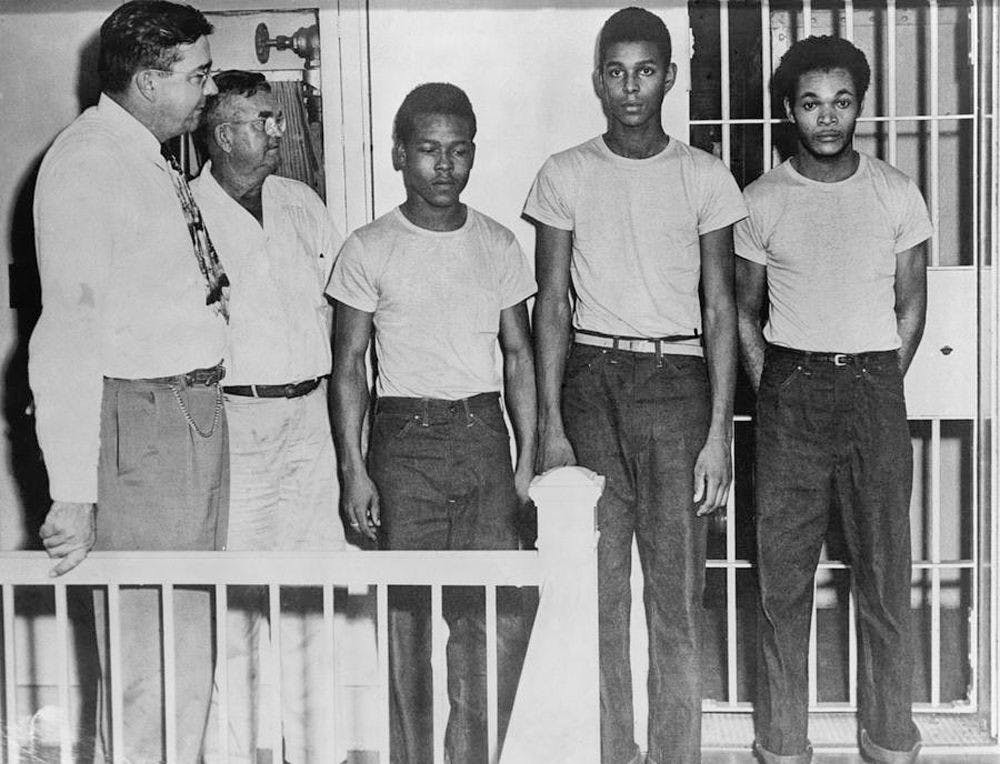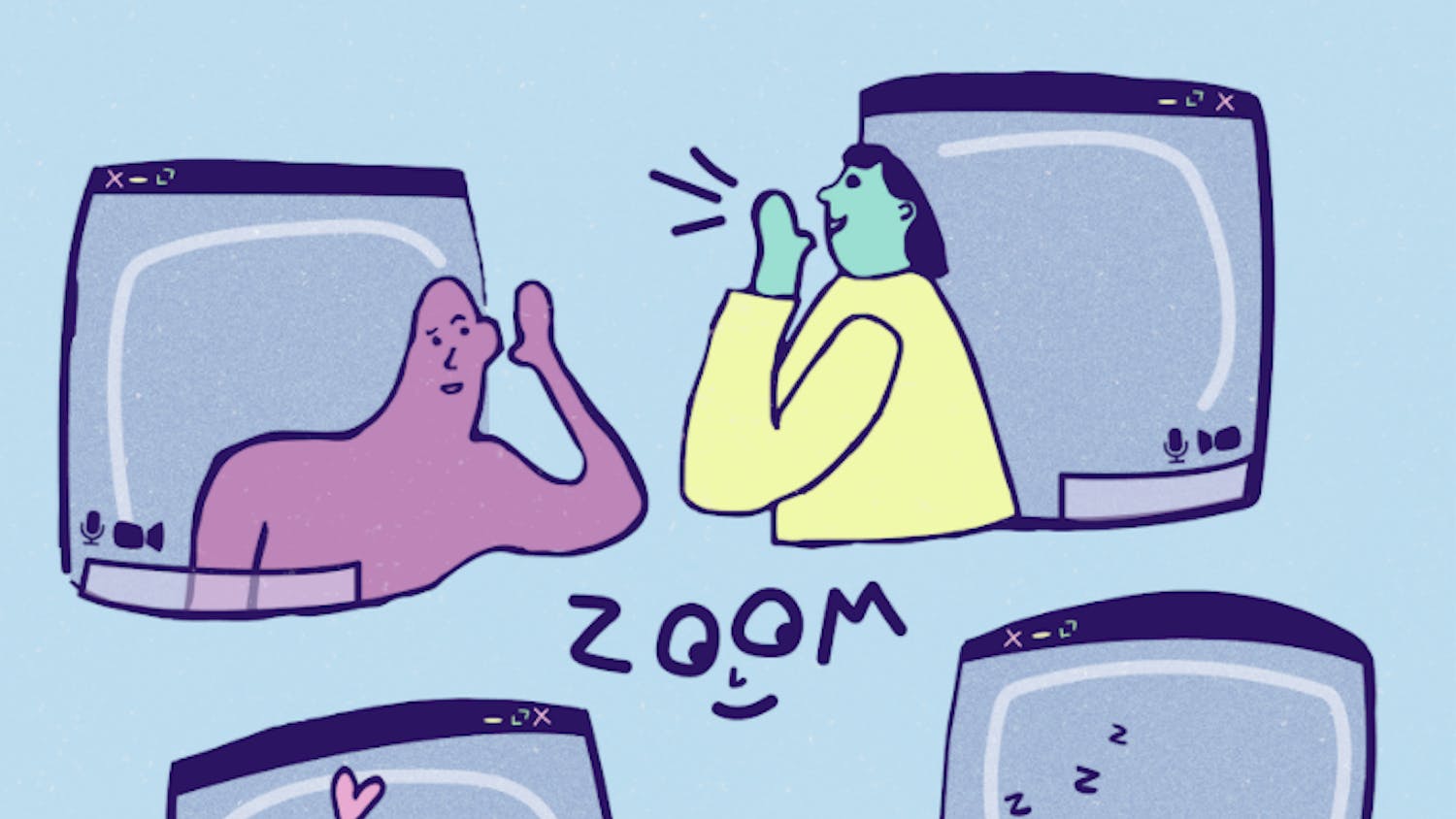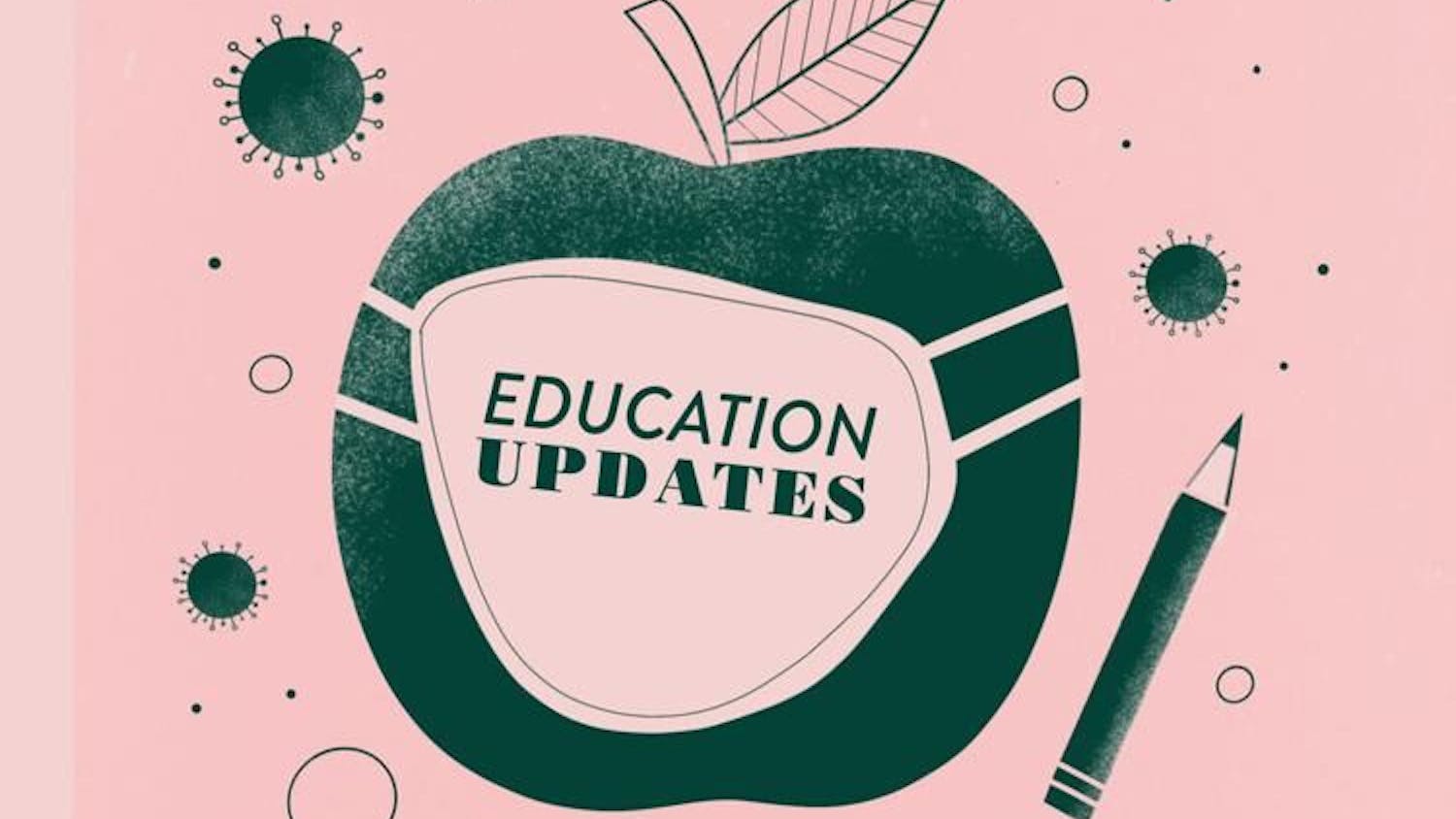Carol Greenlee’s father wasn’t there when she was born.
The only sign of his presence in her life for the next 10 birthdays were gifts wrapped in brown paper bags and cards signed from prison.
Most years, it was a dress purchased from a catalog. But one year, it was a jewelry box painstakingly pieced together from matchsticks he found on the prison ground.
"He never did miss a birthday," Carol, now 65, said.
Months after her 11th birthday, she visited her father in Tennessee, where he was on parole.
But despite the numerous birthdays they would celebrate after his release, nothing would bring back his years spent in prison.
Sixty-five years later, his name is still one of four that has yet to be cleared.
UF senior Joshua Venkataraman wants to make sure the years Greenlee lost were not in vain.
"There’s no use in ignoring the past," the 21-year-old said. "The past defines the way that we address the future."
• • •
Charles Greenlee was 16 when he learned his girlfriend was expecting Carol.
At 17, he left Alachua to travel with his friend, Ernest Thomas, to find a job picking citrus to provide for his unborn daughter.
Once the pair arrived in Thomas’ hometown in Groveland, Thomas went to his mother’s house. Greenlee asked Thomas for a clean shirt. He waited nearby for Thomas to return, left with Thomas’s old pistol for protection from crocodiles.
The two would never meet again.
A night watchman saw Greenlee walking and approached him. When Greenlee turned to walk away, the pistol stuck out of his back pocket.
He was arrested and taken to jail, promised a release in the morning.
He fell asleep in a cell but would wake up on his way to court, one of three black boys charged with the rape of a white girl, Norma Padgett.
Greenlee, Walter Irvin, Samuel Shepard and Thomas — the latter of whom would be shot by a sheriff’s posse before trial — became the Groveland Four, three of whom were convicted of rape by an all-white jury.
Irvin and Shepard faced the electric chair but were shot by the local sheriff who claimed they tried to escape.
Greenlee, just 17, faced life in prison, a sentence overturned after the publication of "Devil in the Grove: Thurgood Marshall, the Groveland Boys, and the Dawn of a New America," a book that dissected the climate of racism in Groveland, the boys’ lack of defense, and the manufacturing and lack of evidence in the case.
This was a story Greenlee told Carol on New Year’s Day when she was in her early 30’s, a story she now re-tells in the hopes of clearing her father’s name.
"I felt free," she said after he told her. "It felt like nothing separated us."
• • •
Last Fall, Venkataraman, a telecommunication student, learned about the Groveland Four in an American history class.
A few months later, he and a friend were traveling from Orlando to Gainesville when Venkataraman noticed a road sign.
Sitting in the passenger seat, he could make something out from the green-tinged metal: "Groveland."
"It just made me think," Venkataraman said.
At first, the then-junior contemplated creating a documentary. But, he said, he felt a petition would have a bigger impact.
Before he did anything with the petition, he reached out to Carol, the oldest of the Greenlee children. While she has three younger half-brothers, she said she’s the only one really affected by the story.
"They always had him," she said. "And I didn’t."
When Venkataraman contacted Greenlee with the idea of creating the petition, she was initially hesitant. Her own efforts at clearing her father’s record had proven unsuccessful despite decades of work.
"I just tried to explain where I was coming from, why I wanted to help and how it would help," Venkataraman said.
"She said... ‘We need all the help we can get.’"
• • •
Working with Carol, Venkataraman organized a petition in March to exonerate the Groveland Four.
The petition, directed toward Florida Gov. Rick Scott, has amassed more than 3,100 online signatures from across the country.
Jennifer Zedalis, a criminal defense attorney and UF law professor, said the racism of the Jim Crow South spread into the Groveland case, resulting in a heavily biased, unjust trial. The rights of the men involved were violated, she added, and a government exoneration would acknowledge that fact.
"It would be a symbolic gesture," Zedalis said. "What happened to these young men is outrageous."
For Carol, there’s nothing more important than trying to clear the cloud over her life.
"And I will go to my grave trying to exonerate my father," she said.
He was unjustly convicted, she said, but Florida’s government doesn’t seem to care that much.
"Why have a system at all if it doesn’t matter?" she said. "Why advocate innocence when you don’t respect the innocent — and you respect the guilty?"
• • •
Carol’s father won’t know of any exoneration, if and when it happens.
In 2012, Charles Greenlee — the last remaining survivor of the group — died.
Venkataraman said he has a meeting planned next week with Florida Sen. Geraldine Thompson, who this year proposed a failed bill aiming to exonerate the Groveland Four and issue a formal apology to their families.
She is planning to introduce a similar bill again next year.
As for Greenlee, an exoneration would ease the pain of a story never easy to tell.
"And one day," she said, "the scars will be healed."
Walter Irvin (third from left), Charles Greenlee, and Samuel Shepherd, stand in a jail after being accused of raping a 17-year-old white girl in Lake County, Florida, in 1949. Since then, Greenlee’s daughter, Carol Greenlee, has petitioned to exonerate her father and the other African American men who were charged alongside him, known as the Groveland Four.






